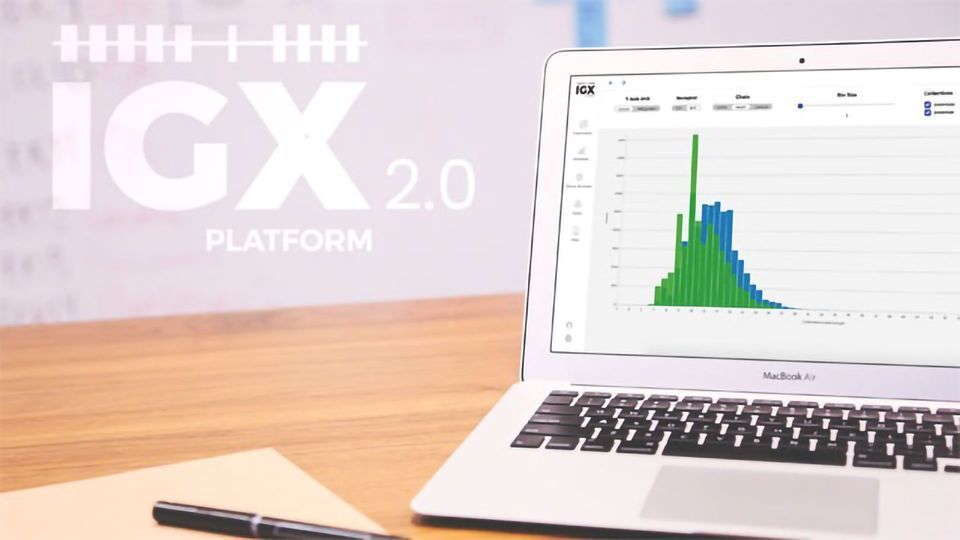Streamlining Immune System Data Management and Analysis

Complete the form below to unlock access to ALL audio articles.
ENPICOM, a bioinformatics software engineering company, has announced a major release of its ImmunoGenomiX (IGX) Platform. The platform is designed to streamline the analysis and management of vast amounts of repertoire sequencing data, accelerating the discovery and development of new biological targets.
Increased demand for new vaccines and precision medicine, as well as shrinking time-to-market expectations, are contributing to a fundamental shift in how new drugs are developed. To fulfill today’s demand for personalized immunotherapies and accessible vaccines, especially against emerging threats like COVID-19, life scientists must have efficient data management and analysis tools that allow them to gain more insight into the adaptive immune system.
Immune repertoire sequencing provides an in-depth view of the adaptive immune system and is the most informative way to analyze it. However, repertoire sequencing experiments typically generate millions of sequencing reads per sample, and the amount of publicly available data is growing exponentially. To help researchers effectively manage and make sense out of all this available data, ENPICOM has developed a scalable, versatile tool – the IGX Platform.
Released in April 2019, the IGX Platform is an end-to-end solution for efficient management, analysis, and visualization of T and B cell receptor sequencing data. With powerful data handling features, an intuitive user interface, and several analysis apps, it can help scientists in academic research centers and biopharmaceutical companies accurately interpret large-scale repertoire data, reduce the time needed to extract biologically and clinically relevant insights, and most importantly, could help to unlock insights that would otherwise have stayed hidden.
With the release of version 2.0, the IGX Platform now supports not only bulk but also single-cell sequencing data, allowing users the complementary benefit of paired chain information. The ability to manage and analyze data from bulk and single-cell workflows in one environment provides unprecedented opportunities for immunomics research and drug development. ENPICOM’s IGX Platform streamlines the analysis process, effectively minimizing data integration difficulties and maximizing scientific output.
Other prominent features and enhancements of the IGX Platform 2.0 include:
- New IGX-Compare App – Internal and external datasets of receptor sequences contain a lot of valuable information. However, due to the amount and complexity of this data, exploration and interpretation is a challenging and time-consuming process. With IGX-Compare, users can compare any two data sets and easily visualize and prioritize matching clones, for instance, by matching a single clone against an external database or by finding the overlap between two internal patient cohorts.
- More extensive data support – The platform now supports the upload of readily annotated clone tables (e.g. in CSV, TSV) from, for instance, 10x Genomics or Adaptive Biotechnologies. This means that users can import existing projects into the platform and analyze their data through an intuitive user interface.
- More clonotype grouping definitions – Users can choose from multiple clonotype definitions to group their receptor sequences. For example, they can group on the CDR3 amino acid, or CDR3 nucleotide sequence, giving them more control over how they choose to view and analyze their data.
- New V/J Gene Usage plot – Gene segments play a significant role in defining antigen recognition. IGX-Explore now offers an interactive visualization of V/J Gene Usage where users can uncover preferential use of V/J genes, which can highlight the V/J gene families involved in certain diseases or indicate the expansion of antigen-specific clones in vaccination studies.

